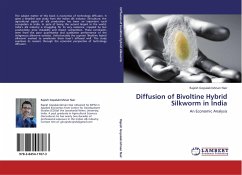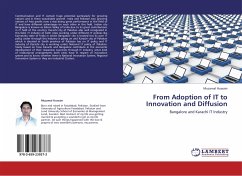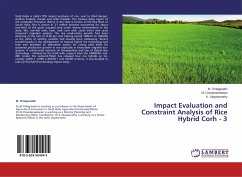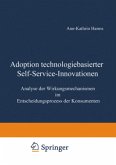The subject matter of this book is economics of technology diffusion. It gives a detailed case study from the Indian silk industry. Sericulture, the agricultural aspect of silk production has been an important rural occupation in India. In spite of being the second largest in the world, India s silk industry is struggling for its very existence, crippled by low productivity, price instability and import competition. These constraints stem from the poor quantitative and qualitative performance of the indigenous silkworm varieties. Unfortunately the superior 'Bivoltine hybrid silkworm' evolved to ameliorate them hasn t diffused well. This study examines its reasons through the economic perspective of technology diffusion.








